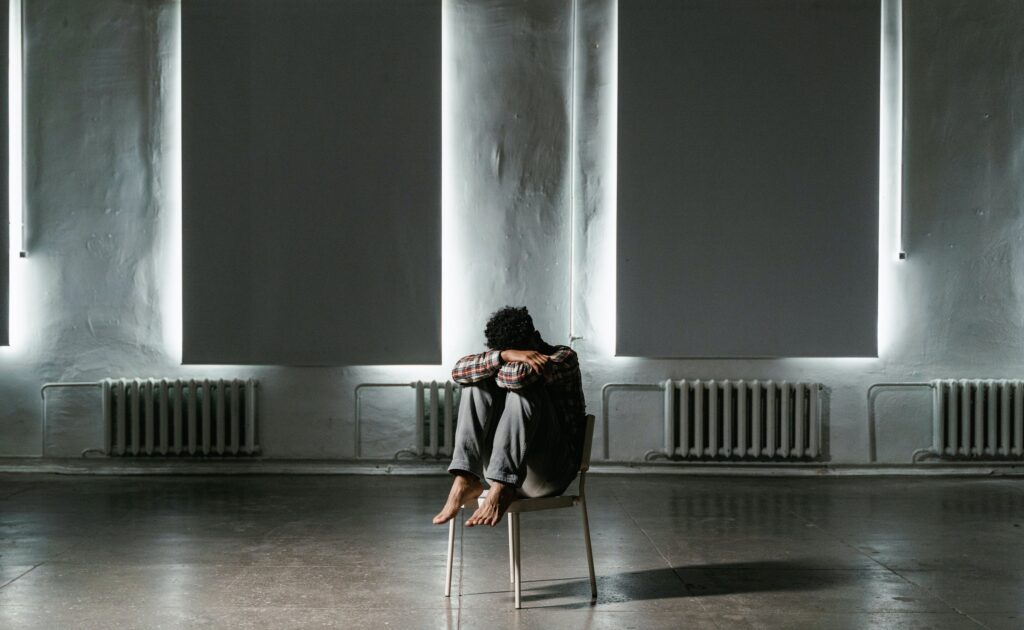Benzodiazepines, commonly known as benzos, are a category of medications prescribed for the short-term alleviation of conditions such as anxiety, insomnia, seizures, and muscle spasms.
Despite their therapeutic benefits, benzodiazepines are Schedule IV controlled substances that pose risks of misuse, addiction, and fatal benzo overdose, particularly when combined with other substances such as opioids, alcohol, and specific illicit or prescription drugs.
Can You Overdose on Benzos?
For those wondering can you OD on benzos, more than 12,000 people lost their lives due to benzodiazepine overdose in 2020, according to NIDA (National Institute on Drug Abuse).
An overdose of benzodiazepines may occur when someone exceeds their prescribed dose or combines the sedative with other substances – alcohol or opioids, for instance. Experiencing an overdose solely from benzodiazepines is uncommon. The likelihood of severe benzodiazepine toxicity symptoms or a fatal overdose increases when benzodiazepines are used in conjunction with other substances, especially central nervous system depressants like alcohol and opioids.
Signs of Benzo Overdose
Recognizing benzo overdose signs and symptoms can help inform prompt intervention and ensure that people get appropriate medical assistance. The following indicators may suggest a potential overdose:
- Extreme drowsiness: Profound and persistent drowsiness beyond the expected sedative effects.
- Confusion: Disorientation or mental fog to a greater extent than the typical calming effect of benzodiazepines.
- Difficulty breathing: Shallow or labored breathing, which can be indicative of respiratory depression.
- Unresponsiveness: Inability to wake or respond to stimuli.
- Weakness: Severe weakness or lethargy.
- Bluish tint: Discoloration of the lips, face, or extremities, signaling inadequate oxygenation.
- Seizures: Convulsions or seizures, especially if not a pre-existing condition.
- Loss of consciousness: Sudden loss of consciousness.

Benzo Overdose Symptoms
Understanding the symptoms associated with a benzodiazepine overdose can help improve response times. These symptoms may include:
- Respiratory depression: Slowed or irregular breathing, which can progress to life-threatening respiratory failure.
- Unstable blood pressure: Fluctuations in blood pressure, potentially leading to cardiovascular complications.
- Coma: Profound unconsciousness, indicating a severe overdose.
- Cardiac arrest: Sudden cessation of heart function.
- Excessive sedation: An extreme and prolonged state of sedation beyond the intended therapeutic effect.
- Muscle weakness: Severe weakness or lack of muscle coordination.
- Vomiting: Persistent or severe vomiting, posing a risk of aspiration.
In the presence of these signs or symptoms, seeking immediate medical attention is imperative. If there is suspicion of a benzodiazepine overdose, contacting emergency services or visiting the nearest emergency room could be life saving.
Benzo Overdose Antidote and Treatment
In cases of benzodiazepine overdose, prompt medical attention is required. If you observe signs or symptoms indicative of a benzodiazepine overdose in someone else, dial 911 immediately. Swift access to medical attention can minimize the risk of adverse or fatal outcomes. When contacting 911, providing comprehensive information about the individual is beneficial. Include the following details:
- The person’s age and weight.
- Any observable signs and symptoms or complaints reported by the person.
- The name of any drugs they have used.
- The quantity of drugs consumed and the time of ingestion.
- Information about where the person acquired the drugs.
Overdose victims will be transported to the hospital, where they may undergo treatment involving respiratory support, intravenous fluids, and medications aimed at reversing the effects of the overdose. So, can Narcan be used for benzo overdose?
Unlike opioid overdose, benzodiazepine intoxication does not respond to treatment with naloxone (Narcan). Instead, the antidote for benzodiazepine overdose is flumazenil. Flumazenil works by competitively binding to benzodiazepine receptors, reversing the effects of the overdose. Its use is not without risks, though. This means that it’s typically reserved for severe cases where the possible benefits outweigh the potential complications.
Effective benzo overdose treatment includes supportive measures to address the symptoms and complications. This may involve:
- Respiratory support: Ensuring adequate oxygenation through assisted ventilation or intubation in cases of severe respiratory depression.
- Cardiovascular monitoring: Monitoring and managing blood pressure and heart rate to prevent cardiovascular complications.
- Activated charcoal: Administering activated charcoal may be considered to reduce further absorption of benzodiazepines in certain cases.
- Fluids and electrolytes: Maintaining fluid balance and addressing any electrolyte abnormalities.
- Seizure management: Administering antiepileptic medications to control seizures if they occur.
- Psychiatric evaluation: Conducting a psychiatric assessment to address the underlying factors contributing to the overdose, especially if there are indications of intentional self-harm.
Flumazenil should be administered cautiously, as it can trigger withdrawal symptoms and lead to seizures, especially in individuals with a history of benzodiazepine dependence. The overall treatment approach should be tailored to the specific circumstances and severity of the overdose, with the primary goals being stabilization and prevention of further harm. Seeking immediate medical attention in the event of a suspected benzodiazepine overdose is paramount for effective treatment and a favorable outcome.

Get Treatment for Benzo Addiction at Gratitude Lodge
If you or a loved one needs benzo addiction treatment, we can help you address issues of dependence and addiction at Gratitude Lodge in Long Beach and Newport Beach, CA.
Begin your benzo addiction recovery with a supervised medical detox at one of our luxury beachside treatment centers. After a tapered reduction in dosage, you can withdraw from benzodiazepines safely and comfortably.
During ongoing inpatient treatment at Gratitude Lodge, you can access a personalized blend of medication-assisted treatment, psychotherapies, and counseling. To promote whole-body healing, you can also engage with a variety of holistic therapies at our welcoming and pet-friendly rehabs. When you are committed to tackling benzo addiction in California, call Gratitude Lodge at 800-994-2184.




























